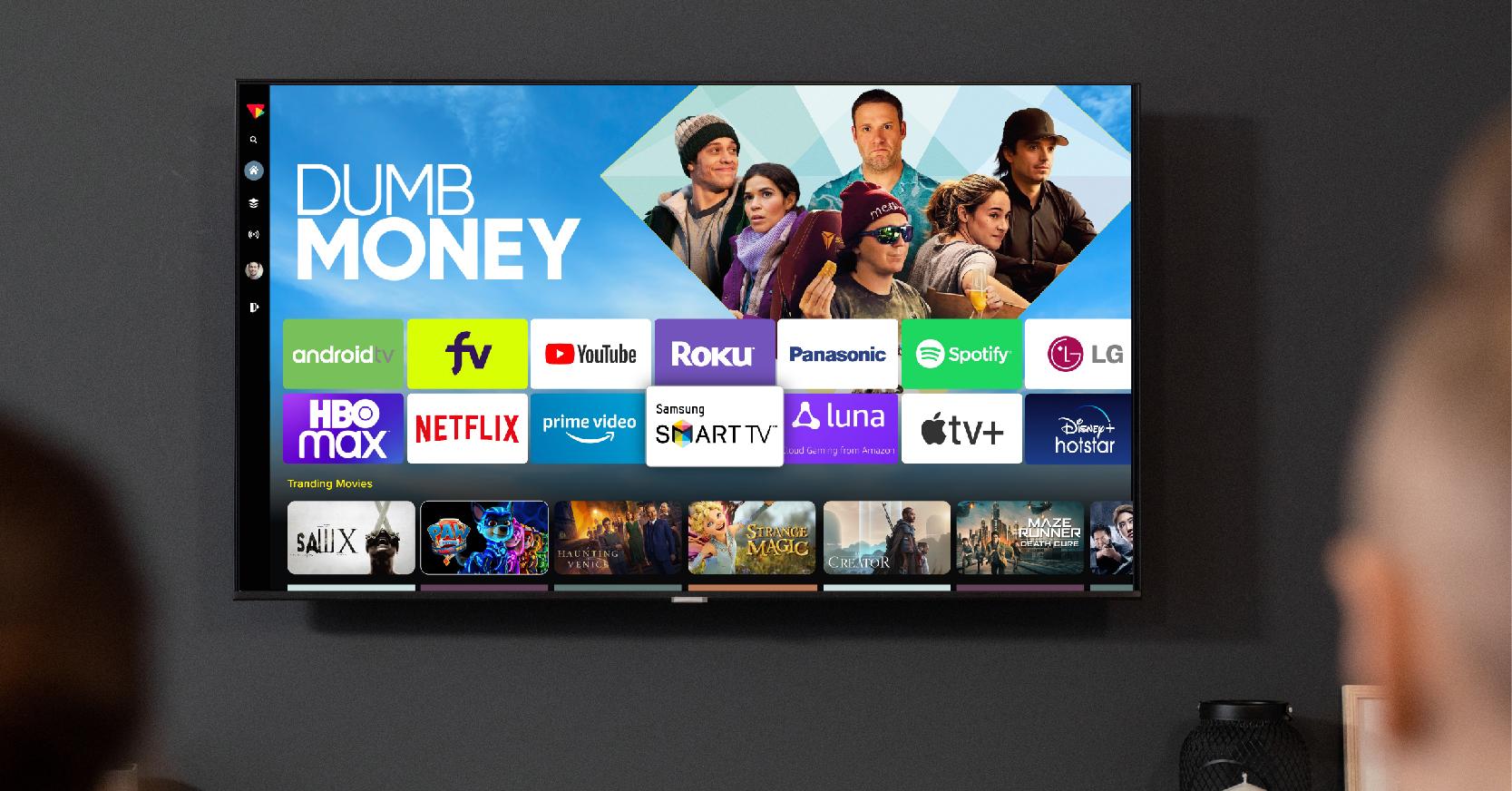The Basic Principles Of Apollo Group Tv
The Basic Principles Of Apollo Group Tv
Blog Article
Some Ideas on Apollo Group Tv You Need To Know
Table of ContentsThe Ultimate Guide To Apollo Group TvExcitement About Apollo Group Tv9 Simple Techniques For Apollo Group TvSome Known Questions About Apollo Group Tv.
In this circumstance, instead of having three-minute commercial spots throughout a 30-minute tv program, television shows may transform to one where a customer will certainly be called for to have a monthly registration, so that they cen view targeted banner ads. This kind of marketing currently occurs on the net, and the amount of data tv business gather enables them to do a lot the very same.Clarify the impact of enrollers on program content. Describe the major trends amongst the broadcasting and cable television networks. When television remained in its early stage, producers modeled the new tool on radio. Popular radio reveals such as police drama Dragnet and western cowboy collection Gunsmoke were adjusted for tv, and new TV shows were funded by solitary advertisers, simply as radio shows had been.
Today, the tv market is even more complex. Programs are sponsored by several marketers; programs is controlled by major media conglomerates; and the 3 major networks no more dominate the airwaves however rather share their viewers with numerous cord channels. Several elements make up these fads within the sector, including technological growths, government policies, and the production of new networks.

Some Known Questions About Apollo Group Tv.
Even public television has come to be subject to the influence of advertising and marketing. Established in 1969, (PBS) created out of a record by the Carnegie Payment on Educational Television, which took a look at the function of educational, noncommercial television on society. The record advised that the government financing public tv in order to provide diversity of programs throughout the network eraa service created "not to market items" however to "improve citizenship and public service (McCauley, 2003)." Public television was also planned to provide global accessibility to television for viewers in backwoods or visitors that might not manage to spend for private television services.
The period in between 1950 and 1970 is traditionally acknowledged as the. Apart from a small section of airtime regulated by public tv, the three major networks (called the Big Three) controlled the television industry, jointly making up greater than 95 percent of prime-time watching. In 1986, Rupert Murdoch, the head of multinational firm News Corp, introduced the Fox network, challenging the dominance of the Big 3.
Targeting young and minority audiences with shows such as Buffy the Vampire Slayer, Moesha, Dawson's Creek, best site and The Wayans Bros., the brand-new networks intended to draw stations away from their old network associations. Nevertheless, instead of duplicating the success of Fox, UPN and WB struggled to make an effect. Not able to bring in several affiliate terminals, both fledgling networks reached less homes than their bigger rivals because they were inaccessible in some smaller sized cities.
This decision led the method for the advancement of cable film channels, adding to the exponential growth of cable television in the 1980s and 1990s. apollo group tv. More deregulation of cable in the 1984 Cable Television Communications Plan Act got rid of limitations on cord prices, making it possible for operators to bill what they wanted for wire solutions as long as there worked competitors to the service (a standard that over 90 percent of all cord markets might satisfy)
Everything about Apollo Group Tv

Having actually created the initial "superstation," Turner expanded his realm by establishing 24-hour news network CNN in 1980. At the end of the year, 28 nationwide shows solutions were readily available, and the cable television revolution had started. Over the next decade, the market undertook a duration of rapid growth and popularity, and by 1994 visitors might pick from 94 basic and 20 premium cable television solutions.
Number 9 - https://giphy.com/channel/apollogtv01.16 Boosted competitors from cord channels has created a steady decline in the networks' target market scores. During the 1950s, the cost of generating a single tv show raised as shows came to be much longer and production prices skyrocketed. Sponsorship on network tv moved from single sponsorship, in which a program was totally sustained and created by one advertiser, to numerous sponsorship, in which marketers purchased 1- or 2-minute spots on the program
Choose one of the Big Four networks and publish out its regular programs routine. View the network's prime-time programs over the training course of a week, keeping in mind the target demographic for each show.
The Facts About Apollo Group Tv Revealed

Direct television, usually described as typical broadcast TV, encompasses cable television and satellite television. It's called "direct" due to the fact that web content complies with a predetermined programming schedule, unlike on-demand material which the private audience makes a decision to enjoy based on their very own preferences and timetable. So, when you ask, "What is straight TV?", think of it as the timeless way of enjoying TV that has been around for years.
Report this page